The Personalist Vision
11th Annual Summer Seminar
July 5 – July 9, 2021
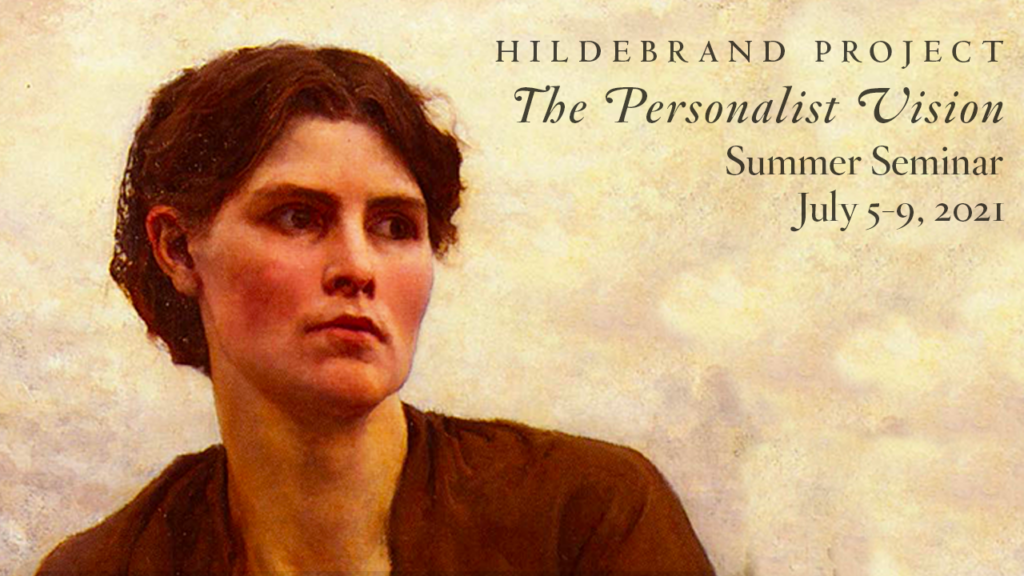
Today’s social fragmentation didn’t spring from shallow roots. It sprang from worldviews that amputated people from their own depths and divided them into simplistic, flattened identities.
David Brooks
“Personalism: The Philosophy We Need“
The 2021 Hildebrand Project Summer Seminar “The Personalist Vision” was centered around the history and unity of personalist thought as it emerged during the twentieth century among Christian thinkers like Dietrich von Hildebrand, Edith Stein, and Jacques Maritain. Using their key insights as a starting point, our faculty examined what the personalist tradition means in the twenty-first century and how to implement personalist ideas beyond the walls of academia.
Our conversations touch on such important topics as the fundamental dignity of the human person, the universal call to solidarity, the interplay between freedom and virtue, and the divide between community and mob rule. We examine the lives of personalists who lived out its tenets, such as Dietrich von Hildebrand, Dorothy Day, and Martin Luther King, Jr., championing the human person in the face of seemingly impossible opposition.
The Personalist Vision – Videos
The Central Insights of Personalism (Hildebrand Project Summer Seminar 2021: The Personalist Vision)
Dr. John Crosby (author of "The Selfhood of the Human Person" and "The Personalism of John Paul II") and Dr. Mark Spencer (author of "The ...
Major Figures in Personalism (Hildebrand Project Summer Seminar 2021: The Personalist Vision)
Rocco Buttiglione and Josef Seifert discuss the major figures of personalism—including Karol Wojtyla, Dietrich von Hildebrand, and Emmanuel ...
Personalism in Leadership & Work (Hildebrand Project Summer Seminar 2021: The Personalist Vision)
Rocco Buttiglione and John Studzinski discuss the role of personalism in Leadership and Work at the 2021 Hildebrand Project Summer Seminar, "The ...
Personalism: The Philosophy We Need - David Brooks (Hildebrand Project Summer Seminar 2021)
New York Times Columnist David Brooks speaks on the necessity of personalism in the modern age at the 2021 Hildebrand Project Summer Seminar, "The ...
Greek & Jewish Roots of Personalism (Hildebrand Project Summer Seminar 2021: The Personalist Vision)
This video is private.
Personalism in the Catholic Intellectual Tradition – Part I (Hildebrand Project Summer Seminar 2021)
This video is private.
2021 Seminar Faculty
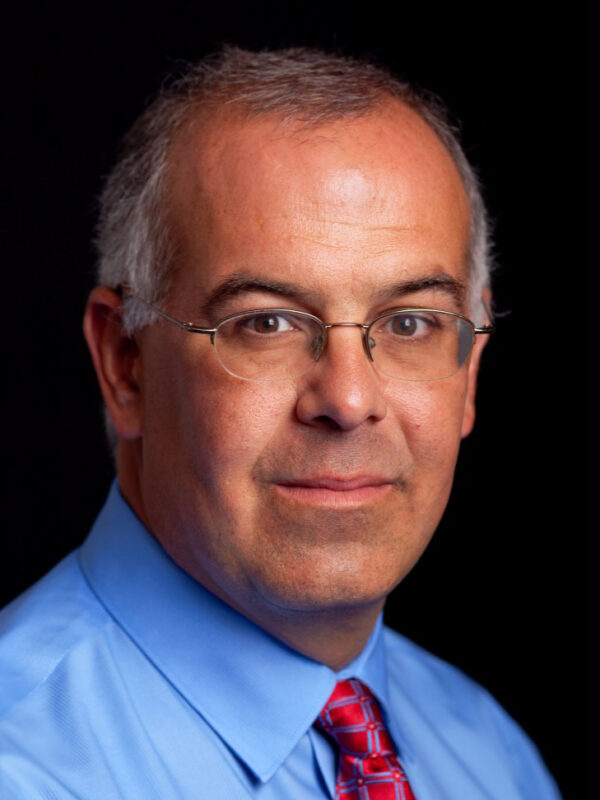
David Brooks
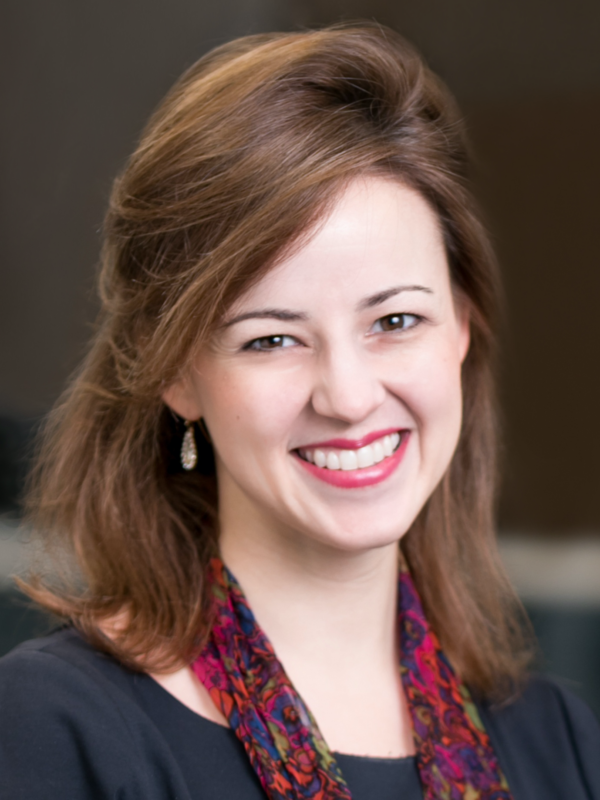
Anne Snyder
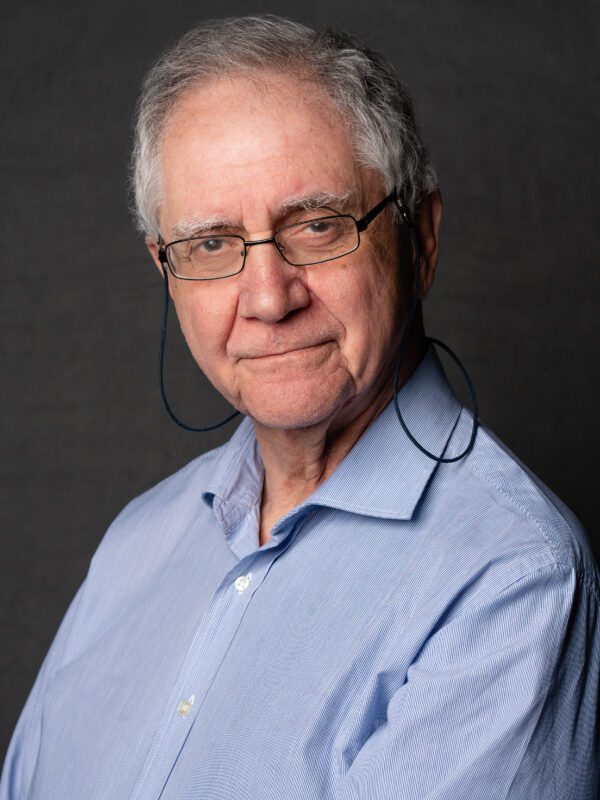
Rocco Buttiglione
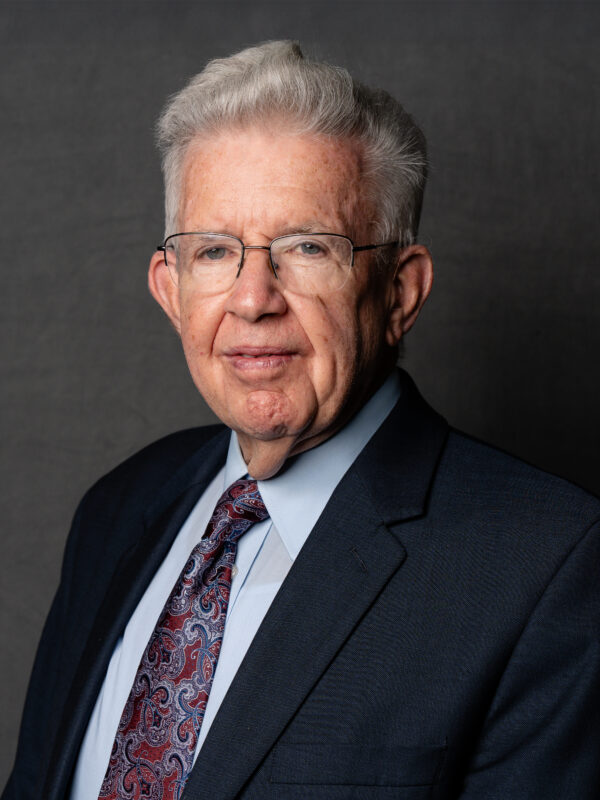
John F. Crosby
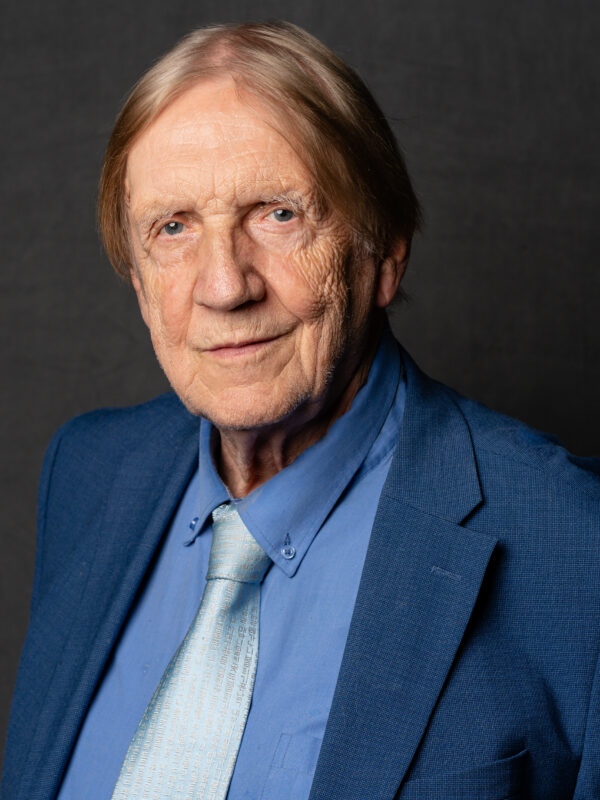
Josef Seifert
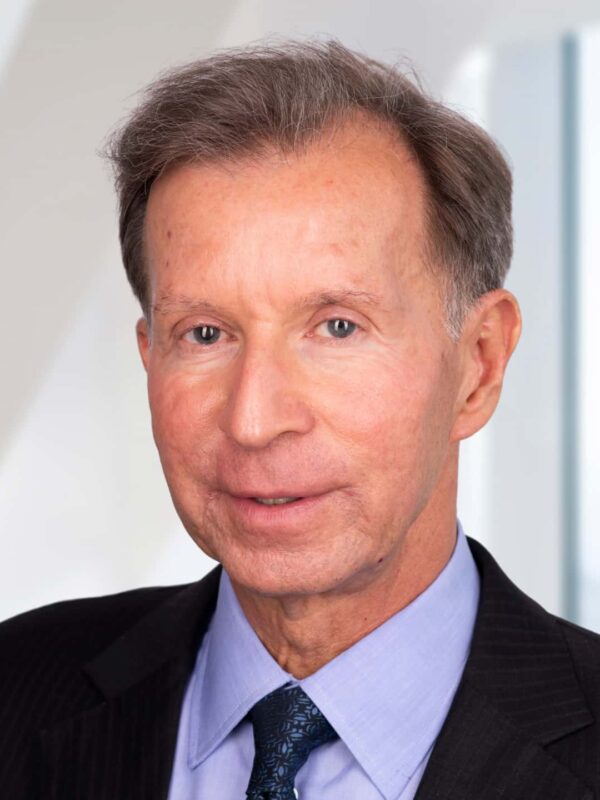
John Studzinski
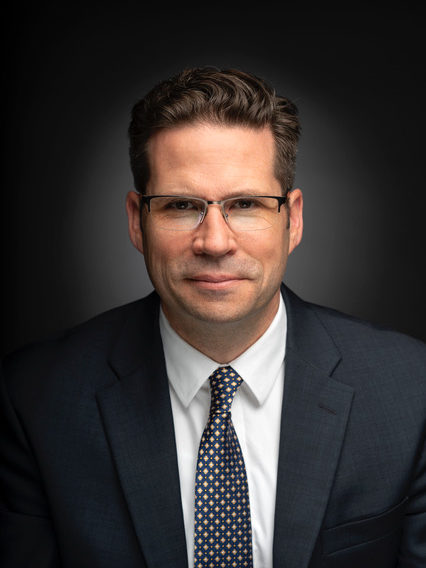
Jonathan J. Sanford
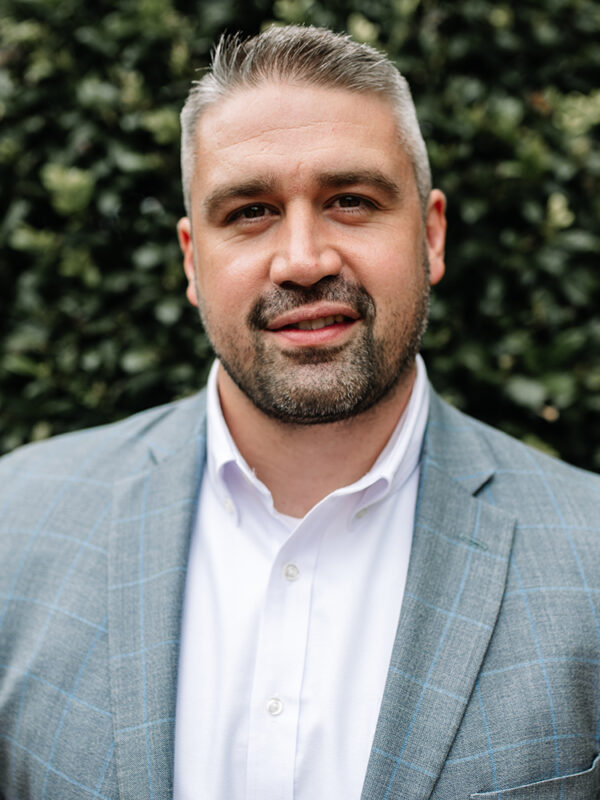
Jared Zimmerer
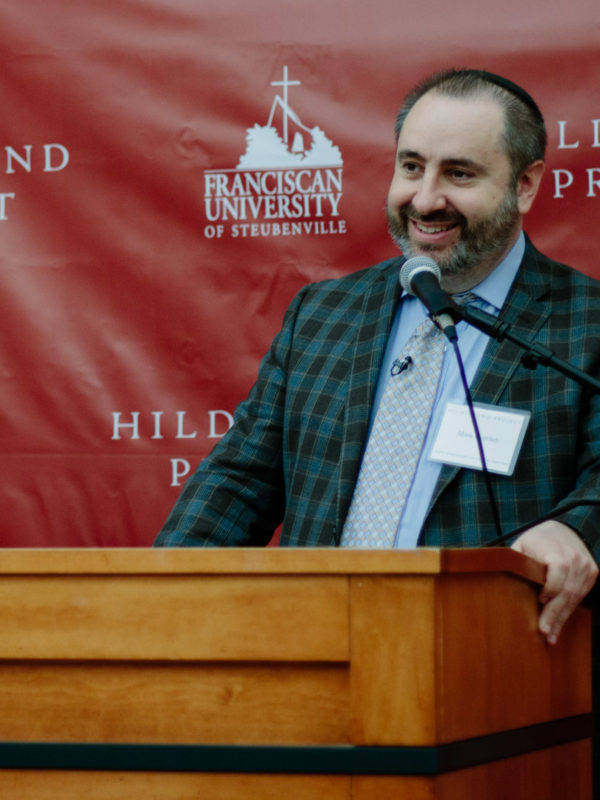
Rabbi Mark Gottlieb
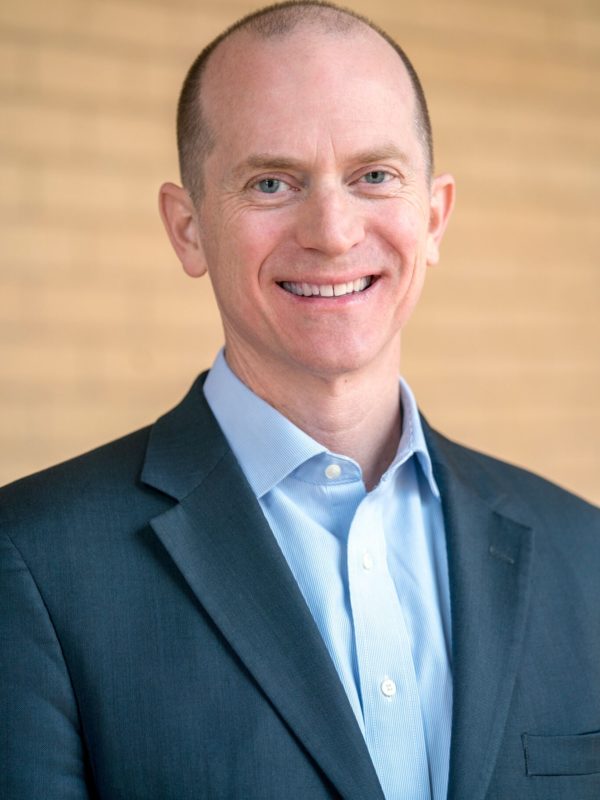
Michael Matheson Miller
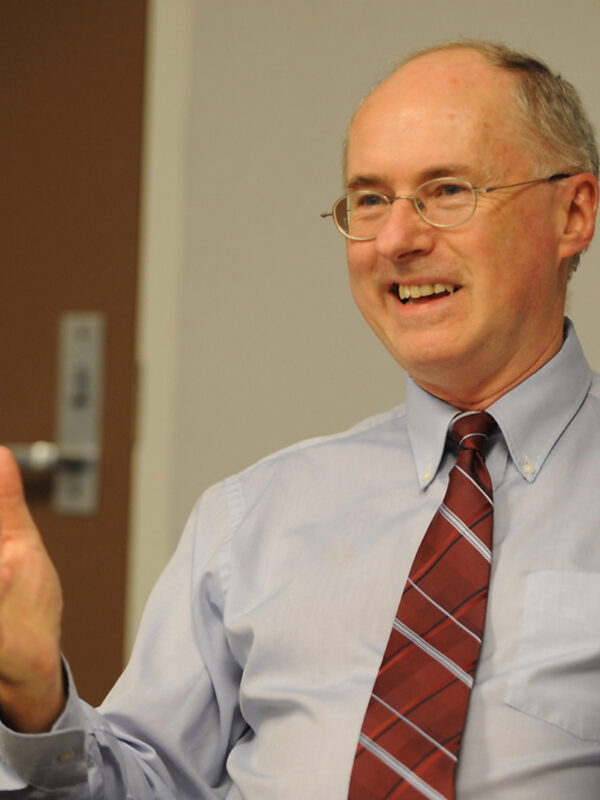
David Walsh
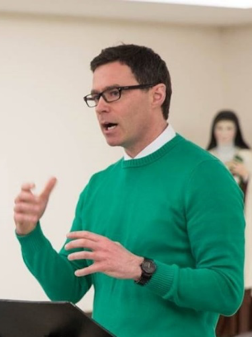
Robert McNamara
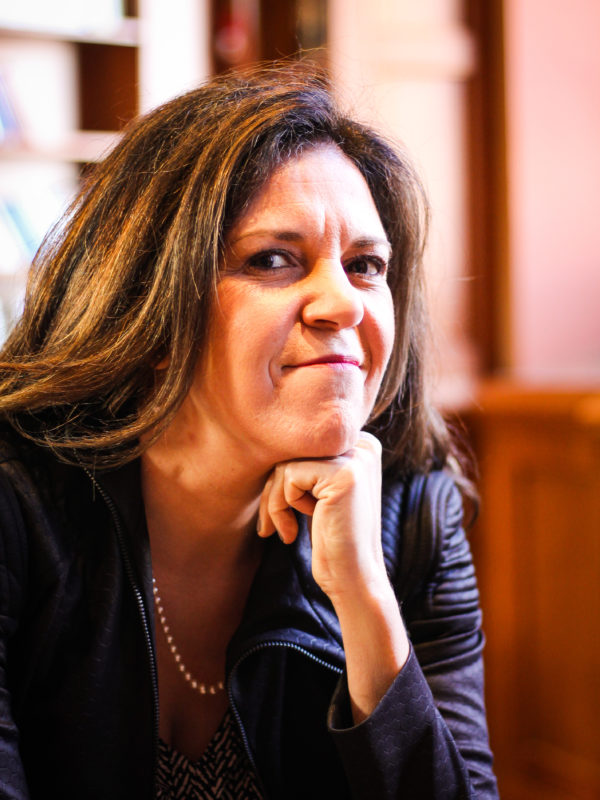
Margarita Mooney
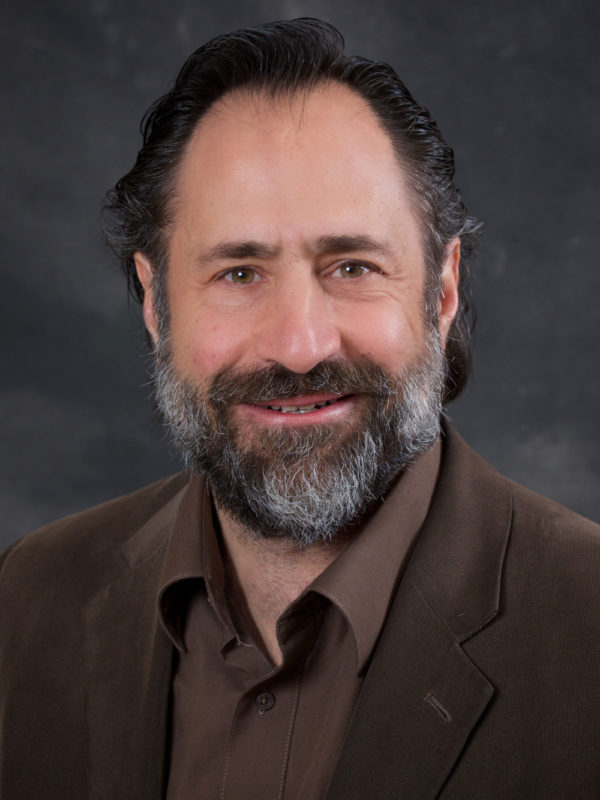
Peter J. Colosi
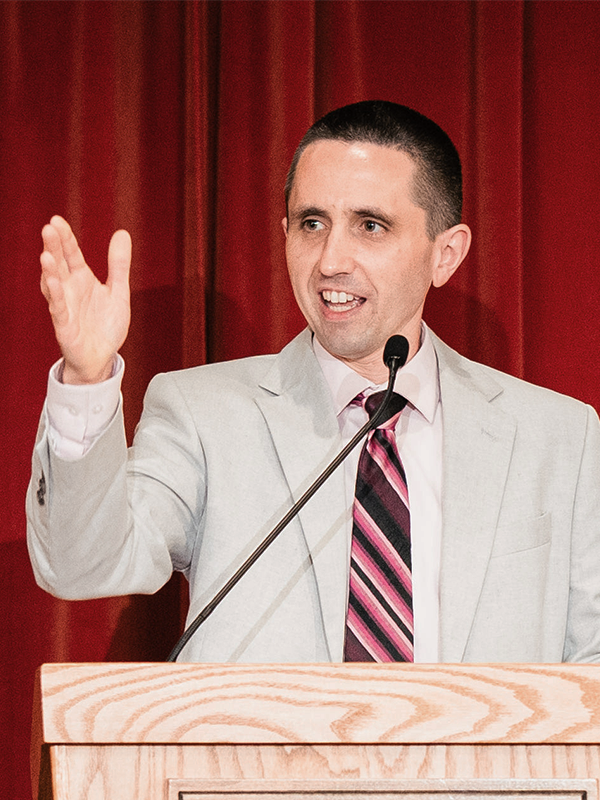
Mark K. Spencer
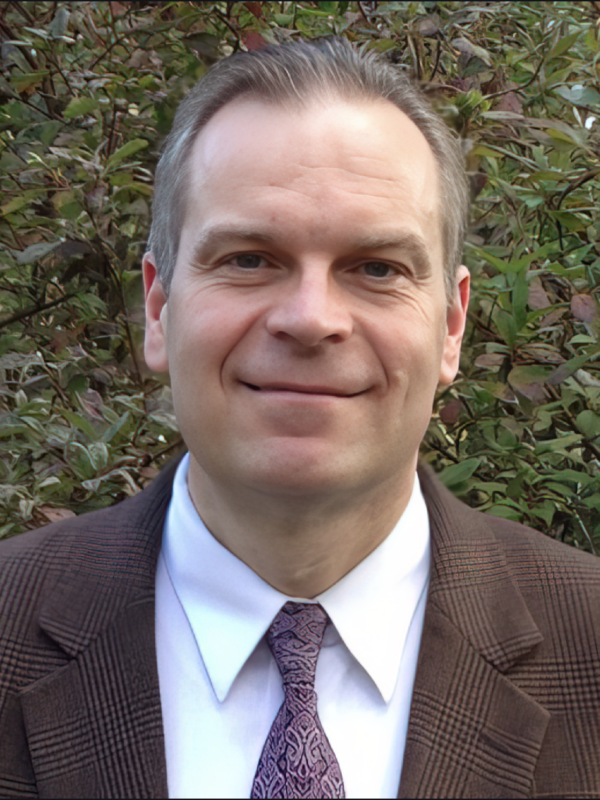
Michael Wenisch
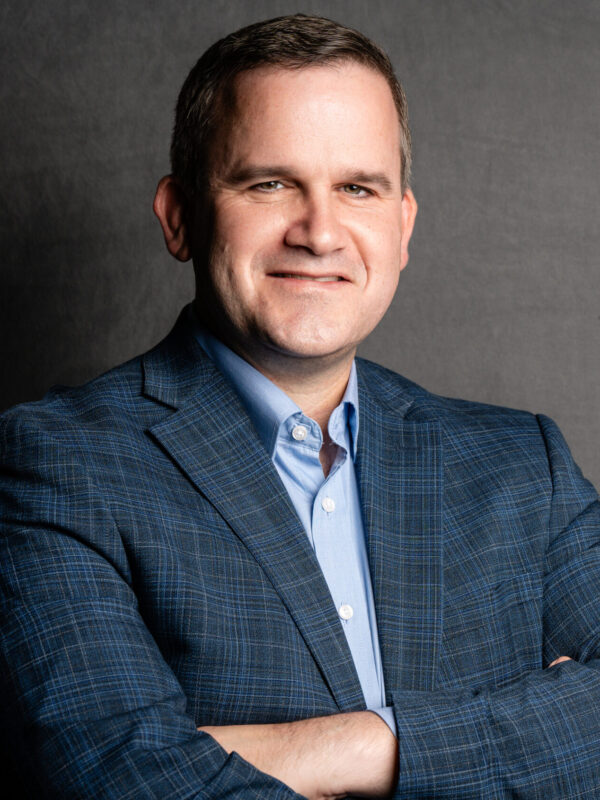
John Henry Crosby
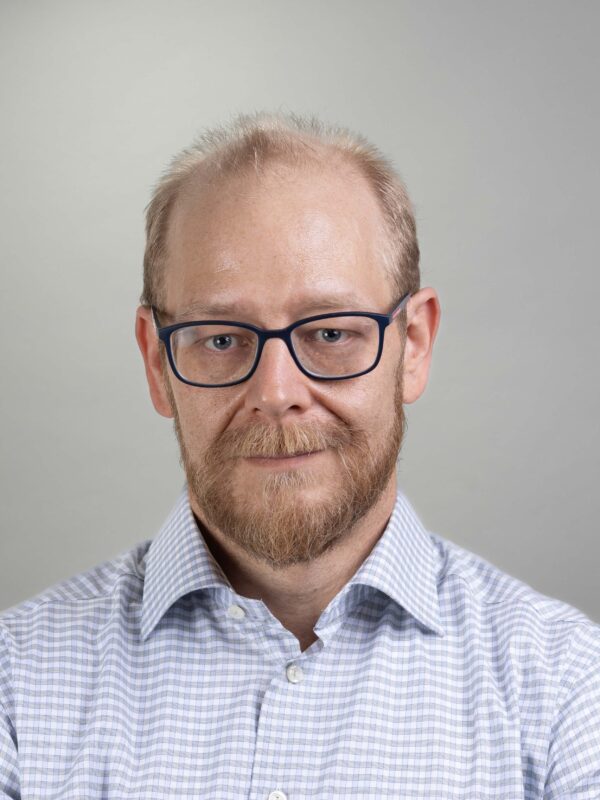
Christopher T. Haley
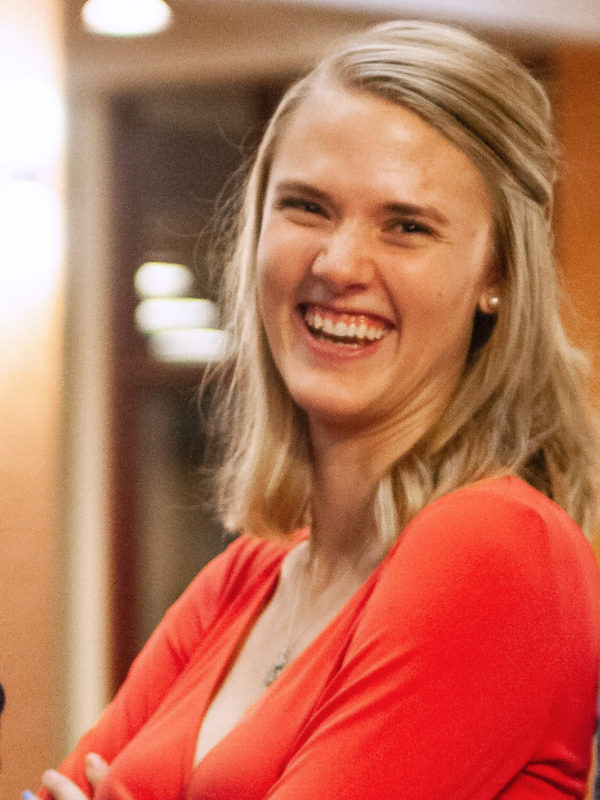
Catherine Dugan
David Brooks
David Brooks has a gift for bringing audiences face to face with the spirit of our times with humor, insight and quiet passion. He is a keen observer of the American way of life and a savvy analyst of present-day politics, culture and foreign affairs. For audiences in all areas of healthcare, David brings important insights into the politics of healthcare and a focus on character as the key to our healthcare debates, healthcare delivery, and mission-driven leadership. As a commentator, David Brooks holds prestigious positions as a bi-weekly Op-Ed columnist for the New York Times and as a regular analyst on PBS NewsHour and NPR’s All Things Considered. He is the author of New York Times bestseller, The Road to Character, and The Second Mountain: The Quest for a Moral Life.
Anne Snyder
Anne Snyder is the Editor-in-Chief of Comment Magazine and the host of Breaking Ground, a collaborative web commons created in 2020 to try to inspire a dynamic cross-section of thinkers and practitioners to respond to the major crises of the year with wisdom, hope and courage. She is the host of The Whole Person Revolution podcast and the author of The Fabric of Character: A Wise Giver’s Guide to Renewing our Social and Moral Landscape, published in 2019.
Rocco Buttiglione
A trusted collaborator of Pope St. John Paul II, and is an authority on his philosophical anthropology. His book Karol Wojtyla: The Thought of the Man who became Pope John Paul II is a fundamental work on the pope’s early philosophy. A member of the Italian Parliament for over two decades, he serves on the Pontifical Academy of Social Sciences and holds the John Paul II Chair for Philosophy and History of European Institutions at the Lateran University in Rome. He is a Distinguished Fellow of the Hildebrand Project.
John F. Crosby
Franciscan University of Steubenville
Professor Emeritus of Philosophy
Research Areas:
Personalism, John Henry Newman, John Paul II, Dietrich von Hildebrand
Prof. Crosby was himself a student of Dietrich Hildebrand. Besides writing major studies on the thought of John Henry Newman, Max Scheler, and Karol Wojtyla/John Paul II, and making his own contributions to personalist philosophy, Prof. Crosby has devoted his long and distinguished academic career—first at the University of Dallas, then at the International Academy of Philosophy, and currently at Franciscan University of Steubenville—to introducing his students to the intellectual legacy of Hildebrand, and also to making Hildebrand better known in scholarly circles. Prof. Crosby was the translator of the English edition of Hildebrand’s philosophical masterpiece, The Nature of Love, and he also serves as the General Editor of all our present and future translations of Hildebrand’s works.
Josef Seifert
Professor Seifert received his doctorate in philosophy from the University of Salzburg in 1969 and, under Professor Robert Spaemann, his habilitation from the University of Munich (Privatdozent) in 1975. He studied chiefly under Balduin Schwarz, the most distinguished German former student of Dietrich von Hildebrand, at the University of Salzburg, and under Gabriel Marcel in Paris. Already as a child (from age 3 on) he knew Hildebrand personally, because Seifert’s mother had been a student of Hildebrand in Munich and both of his parents were Hildebrand’s friends. He is the author of many books, and Europe’s leading student and teacher of Hildebrand’s philosophy.
John Studzinski
John Studzinski is founder and chairman of the Genesis Foundation. Since 2001, the Foundation has supported programmes that nurture the careers of outstanding young artists in the UK, enabling them to develop their professional skills and experience and gain access to mentors and valuable networks. He is Managing Director and Vice Chairman of global investment management firm PIMCO, and his 30 years in investment banking have also embraced senior roles at Blackstone, HSBC Group and Morgan Stanley. Born in the US and long resident in Britain, he holds an MBA from the University of Chicago and a bachelor’s degree from Bowdoin College. As a hands-on philanthropist and as a thought leader, John Studzinski focuses primarily on the arts, human rights, homelessness and volunteering. He is Founding President of Arise, which was established in 2015 to support frontline work against modern slavery. This role complements his activities to promote transparency in business supply chains, which have included a period as co-chair of the Home Office’s Business Against Slavery Forum. Awarded a CBE in 2008 for his services to the Arts and Charity, John Studzinski has also received the Papal honours of Knight of the Order of St. Gregory and Knight Commander of St. Sylvester, the Montblanc de la Culture Arts Patronage Award, the Beacon Prize for Philanthropy, the Prince of Wales Medal for Arts Philanthropy and, for his work with the homeless, the Prince of Wales Ambassador Award. In 2017 the Catholic Herald named him Catholic of the Year.
Jonathan J. Sanford
Jonathan J. Sanford, Ph.D., is the 10th president of the University of Dallas. President Sanford, who previously served as provost and dean of UD’s undergraduate college, holds a doctorate in philosophy and is an accomplished scholar. Sanford has published widely on philosophical figures and topics, especially in foundational questions in moral philosophy, as evidenced in Before Virtue: Assessing Contemporary Virtue Ethics (The Catholic University of America Press, 2015 (paperback, 2019)). As president, he is focused on leading the implementation of the university’s strategic plan by building on the university’s reputation for academic rigor, its commitment to classical Western tradition, and its faithful Catholic identity.
Sanford is a trustee of the Hildebrand Project, a member of the Dallas chapter of Legatus, a fellow of the Dallas Institute for Humanities and Culture, and and is active in several other professional and academic organizations.
University of Dallas
President & Professor of Philosophy
Research Areas:
Ethics, Catholic Higher Education, Ancient and Medieval Philosophy, Metaphysics, Virtue Theory
Select Bibliography
Before Virtue: Assessing Contemporary Virtue Ethics (Washington, DC: The Catholic University of America Press, 2015 (paperback, 2019).
The Philosophical Legacy of Jorge J. E. Gracia, co-edited with Robert Delfino and William Irwin (Lanham, Md: Rowman & Littlefield, 2022)
Categories: Historical and Systematic Essays, co-edited with Michael Gorman, (Washington, D.C.: The Catholic University of America Press, 2004).
Neo-Platonism and Its Legacy, co-edited with Sarah Wear, Volume 2, Issues 1 & 2 of Quaestiones Disputatae, Spring-Fall 2011.
“Justice is Beautiful: Aristotle, Aquinas, and Justice as a Virtue,” in Beauty and the Good: Past Interpretations and Their Contemporary Relevance, edited by Alice Ramos (Washington, DC: The Catholic University of America Press), forthcoming 2020.
“Nature and the Common Good: Aristotle and Maritain on the Environment,” in On Earth as it is in Heaven: Cultivating a Contemporary Theology of Creation, edited by David Meconi, S.J., and Christopher Thompson (Grand Rapids,MI: Wm. B. Eerdmans Publishing Co., 2016): 212-233.
“Newman and the Virtue of Philosophy,” Expositions 9 (2015): 41-55.
“Aristotle, Aquinas, and the Christian Elevation of Pagan Friendship,” in Love and Friendship, edited by Montague Brown (Washington, DC: The American Maritain Association Press, 2013).
“On Vice and Free Choice,” in The Problem of Evil: Enduring Themes and Pressing Questions, edited by James G. Hanink (Washington, DC: The American Maritain Association Press, 2013).
“Scheler vs. Scheler: The Case for a Better Ontology of the Person,” American Catholic Philosophical Quarterly, vol. 79: 1 (2005): 145-161.
“Affective Insight: Scheler on Feeling and Values,” Proceedings of the American Catholic Philosophical Quarterly, Vol. 76, (2002).
“Personalism in Relation to Aristotle and Aquinas,” The Hildebrand Project’s Sixth Annual Summer Seminar: The Past and the Promise of Christian Personalism, Franciscan University of Steubenville, June 15, 2016.
Jared Zimmerer
Jared Zimmerer is the Director of Extension Strategy at Benedictine College. He is the former Senior Director of the Word on Fire Institute and the Dean of Pastoral Fellows. He holds a master’s degree in Theology from Holy Apostles College and a PhD in Humanities from Faulkner University. He and his wife Jessica live in North Texas with their six children. He is an author, speaker, and holds a bachelor’s degree in Kinesiology.
Rabbi Mark Gottlieb
Rabbi Mark Gottlieb is Senior Director of the Tikvah Fund and founding Dean of the Tikvah Institute for High School Students at Yale University. Prior to joining Tikvah, Rabbi Gottlieb served as Head of School at Yeshiva University High School for Boys and Principal of the Maimonides School in Brookline, MA and has taught at The Frisch School, Ida Crown Jewish Academy, Hebrew Theological College, Loyola University in Chicago, and the University of Chicago. He received his B.A. from Yeshiva College, rabbinical ordination from the Rabbi Isaac Elchanan Theological Seminary, and an M.A. in Philosophy from the University of Chicago, where his doctoral studies focused on the moral and political thought of Alasdair MacIntyre. Rabbi Gottlieb is a member of the Orthodox Forum Steering Committee and serves on the Editorial Committee of Tradition: A Journal of Orthodox Jewish Thought. In addition to his contributions to Jewish theology, Rabbi Gottlieb has written on the thought of C.S. Lewis, G.K. Chesterton, and John Paul II, and is especially interested in the relationship between Jewish and Christian forms of personalism. He lives in Teaneck, NJ with his wife and five children.
Tikvah Fund
Senior Director
Michael Matheson Miller
Michael Matheson Miller is Research Fellow and Director of Acton Media at the Acton Institute. He received his bachelor’s degree from the University of Notre Dame, an M.A. from Nagoya University’s Graduate School of International Development (Japan), an M.A. in philosophy from Franciscan University, and an M.B.A. in International Management from Thunderbird Graduate School of Global Business.
With some 10 years of international experience, Miller has lived and traveled in Europe, Asia, Africa, and Latin America. He lectures internationally on such themes as moral philosophy, economic development, and social theory, and entrepreneurship. He is a frequent guest on radio and has been published in The Washington Times, The Detroit News, The L.A. Daily News, and Real Clear Politics. He is the director and host of the PovertyCure DVD Series and has appeared in various video curricula including Doing the Right Thing, Effective Stewardship, and the Birth of Freedom.
Acton Institute
Research Fellow & Director of Acton Media
David Walsh
David Walsh, Ph.D. is Professor of Politics with teaching and research interests in the field of political theory broadly conceived. His focus has been on the question that the modern world poses for itself at its deepest level. Does our civilization possess the moral and spiritual resources to survive? In response to that question Walsh has traced the modern retrieval order in a trilogy of works (see more here). One of the results of these studies has been a renewed interest in the centrality of the person from whom order radiates into social and political existence. The first phase of this new direction has appeared in Politics of the Person as the Politics of Being (2016), followed by a companion volume, The Priority of the Person (2020). His current book project is “The Invisible Source of Authority: God in a Secular Age.”
Robert McNamara
Robert is an Associate Professor of Franciscan University of Steubenville, where he teaches philosophy and theology, an associate member of faculty of the International Theological Institute and the Maryvale Institute, an Associated Scholar of the Hildebrand Project, and a founding member of the Aquinas Institute of Ireland, for which he currently holds the position of secretary. Robert was educated at the National University of Ireland Galway, where he studied physics and applied science, Maynooth University and St. Patrick’s College, where he studied philosophy and theological studies, the International Theological Institute, where he received a master’s degree in the theology of marriage and family, and Liverpool Hope University, where he completed a doctorate of philosophy detailing Edith Stein’s engagement with the thought of Thomas Aquinas in her mature philosophy of the human person. Robert is originally from Galway, Ireland.
Franciscan University of Steubenville
Assistant Professor of Philosophy
Research Areas:
Ethics, Moral Philosophy, Metaphysics, Personalism, Edith Stein, Thomas Aquinas (Thomism)
Select Bibliography
‘The Concept of Christian Philosophy in Edith Stein’, in American Catholic Philosophical Quarterly, 94.2 (2020), pp. 323-46.
‘The Cognition of the Human Individual in the Mature Thought of Edith Stein’, in Philosophical News, a Publication of the European Society for Moral Philosophy, ed. Elisa Grimi, 16 (forthcoming).
‘Human Individuality in Stein’s Mature Works’, in Edith Steins Herausforderung heutiger Anthropologie, ed. by Hanna-Barbara Gerl-Falkovitz and Mette Lebech (Heiligenkreuz: Be&Be, 2017), pp. 124-39
‘Essence in Edith Stein’s Festschrift Dialogue’, in Alles Wesentliche lässt sich nicht schreiben, ed. by Andreas Speer and Stephen Regh (Freiburg i. Br.: Herder, 2016), pp. 175-94. Paper Presentations:
‘Edith Stein’s Understanding of Human Flourishing’, St. Saviour’s Symposium, Dominican House of Studies, Dublin, Ireland (2020).
‘Edith Stein’s Understanding of Human Unity and Bodily Formation’, 5th biennial International Conference of the International Association for the Study of the Philosophy of Edith Stein (IASPES), University of Cologne, Cologne, Germany (2019).
‘Edith Stein’s Understanding of the Soul as Form of the Body’, The International Theological Institute, Trumau, Austria (2018).
‘The Cognition of the Human Individual’, Catholic University of America, Washington, DC, U.S.A. (2018).
‘Individuality in Stein Reading Aquinas’, 3rd biennial International Conference of the International Association for the Study of the Philosophy of Edith Stein (IASPES), University of Vienna, Austria (2016).
‘Essence in Husserl and Aquinas’, International Conference: ‘What’s essential can’t be written: Edith Stein’s Life and Thought as reflected in her oeuvre’, University of Cologne, Cologne, Germany (2014).
Margarita Mooney
Margarita Mooney is currently an Associate Professor at Princeton Theological Seminary and founder and executive director of Scala Foundation, a nonprofit dedicated to reinvigorating classical liberal arts education and preserving the ideas and practices necessary to maintain a free society. Scala’s conferences, colloquia, reading groups, dinner seminars and travel events emphasize hospitality and friendship, aiming to help students connect their intellectual development with character formation and generating transformative educational experiences and authentic friendships. Begun in 2016, Scala has become a movement to transform education and has built networks with students, educators and partner organizations in various locations around the world.
As a woman whose work lies at the intersection of the social sciences with philosophy and theology, she excels at encouraging students, readers, listeners and audiences to think about important questions in culture, education and faith in new and different ways. She is a frequent speaker to women’s organizations, think tanks, schools, church groups and a variety of other nonprofits as well as businesses about faith and values. In addition to her scholarly books and articles, she has written for publications that reach wide audiences both inside and outside academia such as Real Clear Policy, Scientific American, Public Discourse, Church Life Journal and the Chronicle of Higher Education. She is a passionate keynote speaker on higher education, culture and Christianity at venues including Yale University, Harvard Law School, Columbia University, Duke University, Pepperdine and the Catholic University of America. Her writing and research have been widely cited and praised, including by David Brooks in The New York Times, and Kathryn Jean Lopez, editor-at-large of National Review, who has written that “the world needs more Margarita Mooney.” She has been interviewed by the Acton Institute, Duke Divinity School, and the talk show host Eric Metaxas.
Dr. Mooney received her B.A. in Psychology from Yale University and her M.A. and Ph.D. in Sociology from Princeton University. She has also been on the faculty of sociology at the University of North Carolina at Chapel Hill and Yale University.
Princeton Theological Seminary
Associate Professor of Practical Theology
Research Areas:
Resilience, Philosophy of Social Science, Education, Intentional Communities
Select Bibliography
Margarita A. Mooney (editor). Love of Learning: Seven Dialogues on the Liberal Arts. Providence, RI: Cluny Media, Forthcoming 2021.
Margarita A. Mooney. Faith Makes Us Live: Surviving and Thriving in the Haitian Diaspora. Berkeley: University of California Press. 2009.
Margarita A. Mooney. “The Benedictine Charism as Poetry: Sacramental Living that Sows the Seeds of Order.” Introduction to A Benedictine Education: A Collection of Essays but Saint John Henry Newman. Providence, Rhode Island: Cluny Media, 2020.
Margarita Mooney. “Narratives, Religion and Traumatic Life Events Among Young Adults.” Social Thought and Research, Volume 33 (2015), pp. 45-82. DOI:10.17161/STR.1808.18445.
Margarita Mooney and Nicolette Manglos-Weber. “Prayer and Liturgy as Constitutive-Ends Practices in Black Immigrant Communities.” Journal for the Theory of Social Behavior. Volume 44(4), December 2014: 459-480.
Margarita A. Mooney. “Educating the Human Person.” Published online by Real Clear Policy, October 4, 2019.
Margarita A. Mooney. “Overcoming Flawed Educational Views of the Human Person.” Published online by Church Life Journal. October 17, 2019.
Margarita A. Mooney. “Fighting the Burnout Culture: How Personalist Philosophers and Benedictine Monks Can Help Stressed Out College Students.” Published by the online journal Public Discourse, August 28, 2018.
Margarita Mooney. “Being Human in the Modern World: Why Personalism Matters for Culture and Education.” Published by the online journal Public Discourse, June 25, 2018.
Margarita A. Mooney. “The Love of Learning and the Lay Desire for God.” Published online in Church Life Journal. November 6, 2019.
Peter J. Colosi
Peter J. Colosi is associate professor of philosophy at Salve Regina University in Newport, Rhode Island, before that having taught at St. Charles Borromeo Seminary in Philadelphia and at the Austrian Program of Franciscan University of Steubenville. He earned his BS in mathematics from Franciscan University, an MA in Franciscan Studies from St. Bonaventure University, and his MPhil and PhD from The International Academy of Philosophy in the Principality of Liechtenstein. Dr. Colosi has published articles, book chapters and pieces in online outlets in areas including philosophical personalism, medical ethics, Catholic social and moral teaching, and Franciscan studies, and is a contributing editor of the Linacre Quarterly. He is co-founder and one of the main organizers of the Theology of the Body International Symposia, of which there have been five thus far, in Austria, Ireland, England, Portugal and Holland. He is a co-founder and co-organizer of and lecturer at the Medical Student and Resident Boot Camp of the Catholic Medical Association which occurs every June and began in 2013, and he is occasionally interviewed on Doctor, Doctor, the official radio program of the Catholic Medical Association, and on Relevant Radio.
Salve Regina University
Associate Professor of Philosophy
Research Areas:
The Body/Soul Question; Philosophical Personalism; Catholic Medical Ethics; Catholic Social and Moral Teaching
Select Bibliography
“The Importance of Philosophical Arguments for the Reality of the Spiritual Soul in Prolife Work.” Life and Learning XXIX, Proceedings of the Twenty-Fifth University Faculty for Life Conference, edited by Joseph W. Koterski, (2019), 107 – 21.
“Discussing the Spiritual Soul in the Classroom.” National Catholic Bioethics Quarterly. 18, no. 3 (2018), 417 – 26.
“The United States Bishops vs. the HHS Contraception Mandate: A Question of Religious Freedom, Moral Truth, or Both?” in Why Humanae Vitae Is Still Right, edited by Janet E. Smith, 327 – 51. San Francisco: Ignatius Press, 2018.
“A Catholic Anthropology and Medical Ethics.” in Catholic Witness in Health Care: Practicing Medicine in Truth and Love, edited by John M. Travaline and Louise A. Mitchell, 31 – 69. Washington, D.C.: Catholic University of America Press, 2017.
“Ratzinger, Habermas and Pera on Public Reason and Religion.” Logos: A Journal of Catholic Thought and Culture 19, no. 3 (2016), 148 – 169.
“Christian Personalism vs. Contemporary Utilitarianism: The Cognitive Dimension of Love and its Relation to Moral Decision Making.” in The Love of Truth: All Truth and in Every Thing. Essays in Honor of Josef Seifert on the Occasion of his 65th Birthday, edited by Carlos A. Casanova, 391 – 406. San Tiago, Chile: Ediciones UC, 2010.
“John Paul II and Christian Personalism vs. Peter Singer and Utilitarianism: Two Radically Opposed Conceptions of the Nature and Meaning of Suffering.” Ethics Education, 15, no. 1 (2009), 20 – 41.
“The Uniqueness of Persons in the Life and Thought of Karol Wojtyła/Pope John Paul II, with Emphasis on His Indebtedness to Max Scheler.” in Karol Wojtyla’s Philosophical Legacy, edited by Nancy Mardas Billias, Agnes B. Curry and George F. McLean, 61 – 100. Washington, D.C.: The Council for Research in Values and Philosophy, 2008.
“Personhood, the Soul and Non-Conscious Human Beings: Some Critical Reflections on Recent Forms of Argumentation within the Pro-Life Movement.” Life and Learning XVII, Conference Proceedings of University Faculty for Life at Villanova University 2007, edited by Joseph W. Koterski, S.J., (2008), 277 – 304.
Professionally recorded lecture: “Body Soul Unity in Human Persons.” Delivered at the 6th Annual Catholic Medical Association Medical Student and Resident Boot Camp (2018). In this lecture I explore the mystery of the union of body and soul in human persons and mention many of the early and contemporary personalists throughout.
Mark K. Spencer
University of St Thomas, MN Professor of Philosophy
Research Areas: Philosophical Anthropology, Aesthetics, Metaphysics, Philosophical Theology
Dr. Mark K. Spencer, Ph.D. is a Professor of philosophy at the University of St. Thomas in Minnesota. Spencer fell in love with philosophy in high school when he first encountered the writings of Albert Camus and St. Thomas Aquinas. He earned his Ph.D. from the University at Buffalo, and his M.A. and B.A. from Franciscan University of Steubenville, where he first encountered the work of Dietrich von Hildebrand. He is the author of 2 books and over 60 papers and reviews, mostly focusing on the nature of the human person, beauty, and God’s relations to us. In his research, he above all tries to synthesize many traditions’ approaches to these topics, drawing on the scholastic, phenomenological, analytic, and Greek Patristic traditions. Among the things he takes greatest delight in is introducing students to the insights of these traditions, so as to help them better perceive and contemplate reality, for which he finds the work of von Hildebrand an indispensable guide. He lives in St. Paul, Minnesota, with his wife, Susanna, and their four children. Together, they especially enjoy hiking, camping, reading novels, watching films, gardening, and homeschooling.
Select Bibliography
“Created Persons are Subsistent Relations: A Scholastic-Phenomenological Synthesis.” Proceedings of the American Catholic Philosophical Association 89, Analyzing Catholic Philosophy (2015): 225-243.
“Aristotelian Substance and Personalistic Subjectivity.” International Philosophical Quarterly 55:2 (June 2015): 145-164.
“Divine Causality and Created Freedom: A Thomistic Personalist View.” Nova et Vetera 14:3 (Summer 2016): 375-419.
“The Many Powers of the Human Soul: Von Hildebrand’s Contribution to Scholastic Philosophical Anthropology,” American Catholic Philosophical Quarterly 91:4, Special Issue on Dietrich Von Hildebrand (Fall 2017): 719-735.
“Perceiving the Image of God in the Whole Human Person,” The Saint Anselm Journal 13:2 (Spring 2018): 1-18.
“Sense Perception and the Flourishing of the Human Person in von Hildebrand and the Aristotelian Traditions,” Tópicos, Revista de Filosofía 56 (2019): 95-118.
“Beauty and Being in von Hildebrand and the Aristotelian Tradition,” The Review of Metaphysics 73:2 (December 2019): 311-334.
“Covenantal Metaphysics and Cosmological Metaphysics: An Aesthetic Critique and an Aesthetic Synthesis”, The Saint Anselm Journal 15:2 (Spring 2020): forthcoming.
“Beauty and the Intellectual Virtues in Aristotle,” in Beauty and the Good: Past Interpretations and Their Contemporary Relevance ed. Alice Ramos, (Washington: The Catholic University of America Press, 2020).
Michael Wenisch
Michael Wenisch is a Licensed Clinical Professional Counselor in full-time private practice in Maryland. Further details about how he conducts his practice may be found here. Prior to this, he was a philosophy professor at Newman University in Wichita, Kansas; Morgan State University in Baltimore; and Barry University in Miami, Florida. He has an MA in Psychology from Washington College in Chestertown, Maryland, as well as a Ph.D. in Philosophy from The Catholic University of America. His current research interests revolve around the general topic of healing on all levels of human need, and the agencies and means whereby healing is successfully brought about – or not.
John Henry Crosby
John Henry Crosby is a translator, writer, critic, and cultural entrepreneur.
Late in 2003, searching for a life’s work that could integrate the quest for truth, the existential need for beauty, and the service of a great good, and beginning to despair of ever finding such a mission, he called Alice von Hildebrand to propose that he spend one year translating her late husband’s Aesthetics. Would she help, he asked.
She did, and her blessing transformed his one-year plan into lifelong mission that soon attracted the collaboration of others. Thus, the life’s work he had sought found him. Established in February 2004, the Hildebrand Project’s mission to renew culture has grown to encompass publications, events, fellowships, and online resources that draw on the continuing vitality of Dietrich von Hildebrand’s thought and witness.
Under his leadership, the Hildebrand Project has become the world’s leading organization dedicated to Dietrich von Hildebrand’s legacy. The Project has been supported by many leading foundations and donors, including the Bradley Foundation, Chiaroscuro Foundation, Earhart Foundation, Fieldstead & Company, Henry Luce Foundation, Luddy Charitable Foundation, the National Endowment for the Arts, Our Sunday Visitor Institute, Papal Foundation, and the Raskob Foundation.
He was the editor of a new edition of Dietrich von Hildebrand’s The Heart (St. Augustine’s Press, 2007). He joined John F. Crosby as co-translator of Hildebrand’s major philosophical work, The Nature of Love (St. Augustine’s Press, 2009). He edited Selected Papers in the Philosophy of Dietrich von Hildebrand (2012), the first major volume of essays on von Hildebrand in two decades. Most recently he is the primary compiler, editor, and translator of Hildebrand’s anti-Nazi papers, My Battle Against Hitler (Random House, 2014).
His work has been featured in both popular (e.g., The Daily Beast) and scholarly publications (Logos Journal). His numerous radio appearances have taken him from PRI’s The Takeaway to the Hugh Hewitt Show. He was host of He Dared Speak the Truth, a 14-part television series on the life of Dietrich von Hildebrand, which aired on EWTN (2014).
Son of an Austrian mother and an American father, his mother tongue was German. Both his undergraduate studies in philosophy, history, and literature (2000) as well as his graduate studies in philosophy (2001) were pursued at Franciscan University of Steubenville, Ohio.
He was for many years a violinist. As a student of Daniel Heifetz, he was formed in the great violinistic traditions of Henryk Szeryng, David Oistrakh, and Ivan Galamian.
He serves as a trustee of The Personalist Project.
In 2010 he married Robin-Marie Bobak. Through their marriage—and all the more with the birth of their children Magdalene (2011), Robin (2013), John Henry, Jr. (2015), and Peter—he has found (or, again, been found by) an integration of the good, true, and beautiful far greater than any he has ever known.
Christopher T. Haley
“Only the brave return to the source.” — a favorite line from a Hölderlin poem. For Christopher, the source was beauty. Philosophy has always captured his interest, but it was beauty that was his first love, that first broke his heart (and a broken heart the Lord will not refuse, Ps. 51). After many years in school studying philosophy at St. Edward’s University (where he discovered Catholicism) ancient languages at the University of Texas (where he converted from atheism to Catholicism), and the University of Dallas (where he was introduced to Christian Personalism) Christopher misread Aristotle’s Rhetoric and decided that he needed to do something “practical;” so he began working in teaching, marketing, and politics, striking out in new areas with innovative ideas drawn from classical sources (he has a restive habit of starting new projects and companies).
But his restless soul brought him back to philosophy. He had heard of Dietrich von Hildebrand while studying St. Edith Stein at the University of Dallas, and was eagerly awaiting the publication of Hildebrand’s Aesthetics, when one day his mentor at UD suggested that he apply for a Summer Fellowship with the Hildebrand Project. So he dropped everything and applied. Now, Christopher has always had the strange practice of including his favorite poets and composers on his resume, and for once, it worked (he always knew it would!): at the Hildebrand Project, he finally found a place where a love for beauty mattered—and thus he returned to the source.
At the end of his Summer Fellowship, he was so excited about the potential of the Hildebrand Project that he refused to leave, finding clever ways to insert himself into vital operations and creating entire program areas with no one to manage them but himself. As a result, he now oversees the Hildebrand Project’s publishing enterprise, marketing, communications, and has helped pioneer a number of innovative and successful programs.
In his free time—when he gets free time—he likes to listen to classical music, write essays, ride two-wheeled vehicles, and build things. He also hosts a weekly theology symposium at a bar in his beloved state of Texas.
Catherine Dugan
Catherine Dugan (née Beigel) is the Director of Programs for the Hildebrand Project and a doctoral student (S.T.D.) at the Pontifical John Paul II Institute in Washington D.C.
Prior to her doctoral studies, she completed her licentiate (S.T.L.) at the same institution with the thesis, “The Resurrection of the Body: Embodied Beatitude as a Participation in Divine Glory in the Thought of Joseph Ratzinger.” Her work with the Hildebrand Project has been a catalyst in fruitful cross-pollination between her two primary research interests: philosophical personalism and sacramental theology.
Catherine was not always a philosopher and theologian. While studying abroad in the foothills of Austria, she was introduced to philosophy and the liberal arts. This period of study marked a turning point in her academic interests. Previously pursuing a career in finance, she turned to study philosophy and theology. Together with the thinkers presented in class – from Balthasar to Stein to Aristotle, she embarked into a new world of exploration.
Prior to her time in Austria, Catherine had already taken a nontraditional approach to college and taken a gap year with NET Ministries. Engaging in relational ministry at a parish for a year taught her in a profound way the unique unrepeatability of the person. Taking a step back from the concerns of work and school allowed her to focus on encountering Christ through each instance of humanity. It was an experience that she carried back with her when returning to “normal” life.
What she appreciates most about the Hildebrand Project is their dedication to supporting the new evangelization by a renewal of the person. Participating in their work as a student fellow during her undergraduate, she engaged Hildebrand’s writings and was taught to draw others into that conversation. Time and again she watched the Project place the person as the priority in their programming. We can speak abstractly about renewing culture, but culture is made up of those who inhabit a time and a place. For Catherine, the writings of Hildebrand helped to peel away layers of selfishness as she allowed herself to be transformed by an openness to the world of values. She hopes to share this with others in small ways and to further promote the mission of the Hildebrand Project.
Other interests of Catherine include exploring local hiking trails, cooking (with medium success), digging in the dirt in the hope of plants growing, and scheming over a cup of coffee.






